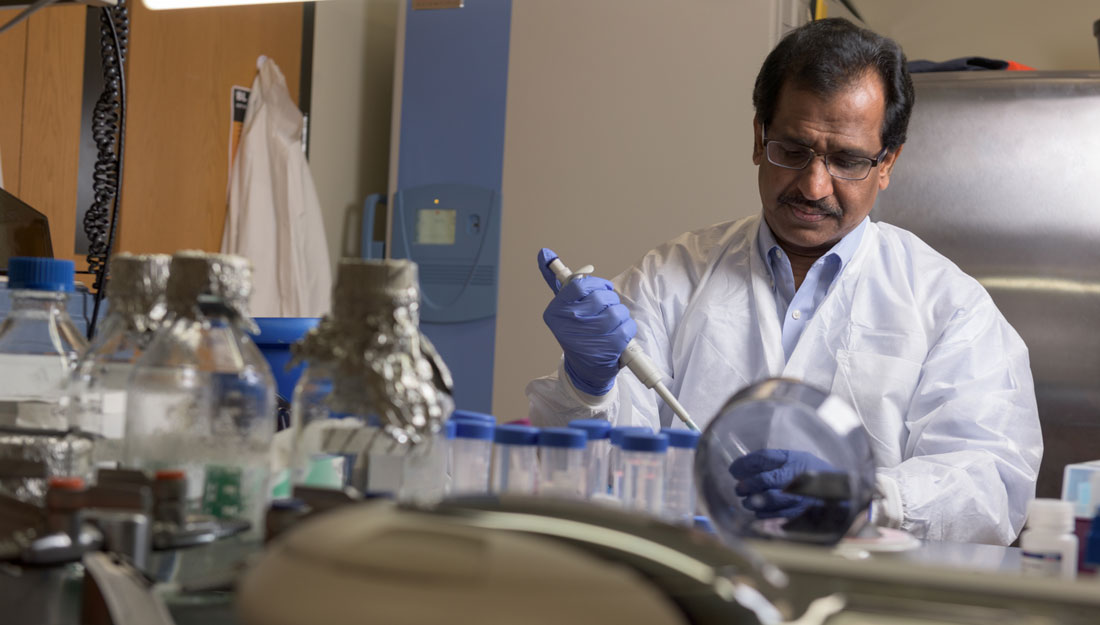Protecting women from heart disease

Despite efforts in recent years to change perceptions, heart disease is still largely seen as only a men’s health concern. In a recent study, only 56 percent of women knew that heart disease is the leading cause of death in women in the United States, when in fact, heart disease and stroke kill more women than all types of cancer—combined—claiming the lives of one out of every three women.
So why has cardiac disease proved so difficult? First, we don’t know as much about heart disease in women as we do in men, because women have historically been vastly underrepresented in clinical trials (making up only about 20 percent) and even when they are included, the scientists often do not sort out how their reaction might be different from men’s.
[perfectpullquote align=”left” cite=”” link=”” color=”” class=”” size=””]“While women may manifest their heart disease in different ways than men, the risk factors of weight, blood pressure, blood sugar, blood cholesterol, smoking, and a sedentary lifestyle remain the common pathways to developing much of the heart disease seen in woman—with some exceptions,” said John P. Erwin, III, MD, associate professor at the Texas A&M Health Science Center College of Medicine and senior staff cardiologist at Baylor Scott & White Health.[/perfectpullquote]But is there something about being female or having a role or personality “traditionally ascribed to women” that puts you especially at risk? One study indicated those with feminine traits are at an increased risk of recurrence of major adverse cardiac events within 12 months following their first incident.
Other risk factors unique to women seem to be both Type 2 diabetes and psychological stress, both of which put them more at risk for heart disease than the same factors do for men. Also, hormonal birth control—another factor that obviously disproportionally affects women—has been linked to hypertension, which is a risk factor for cardiovascular disease.
Problems in pregnancy might be a woman’s first warning that she is at risk for future heart disease. “Pregnancy is in effect a ‘stress test,’” said Catherine J. McNeal, MD, PhD, an associate professor of internal medicine at the Texas A&M Health Science Center and the director of Cardiac Rehab at Baylor Scott & White Central Texas. “Women with a history of preeclampsia have a much higher future risk of arteriosclerotic cardiovascular disease, to the extent that in one publication, the American Heart Association (AHA) called preeclampsia the equivalent of a positive stress test.”
To make matters worse, it can be difficult for women to correctly identify the symptoms of a heart attack should one occur. While the symptoms in women can include the traditional “elephant-on-my-chest” chest pain, they are more likely to experience more generalized symptoms such as unusual fatigue or shortness of breath with activities that they were previously able to perform, nausea or vomiting, and pain in the upper body other than the chest, such as the neck, jaw, upper stomach, arm or shoulder. These may be symptoms related to other relatively benign conditions like “just being out of shape,” heartburn or gastrointestinal problems, so a heart attack may not be a woman’s first thought, and it may take longer for her to decide to seek treatment.
“While women are more prone than men to present with non-traditional symptoms from a heart attack, most women having heart attacks still feel the commonly described symptoms of heaviness or tightness in their chests, arms, backs, necks, and/or jaw,” Erwin said. “These symptoms should always raise a red flag and prompt people to seek urgent medical assessment.” Calling 9-1-1 more commonly assures a safe assessment and prompt attention in an emergency department.
Even when she does make it to the emergency room, this common cluster of symptoms may make it more difficult for a physician to diagnose a heart attack, and for reasons not yet fully understood, a woman is less likely than a man to be prescribed the recommended medications. Even when a physician does suggest cardiac rehabilitation, a woman is less likely than a man to finish the treatment.
Still, there’s hope that the next generation of women will have better outcomes.
“Women are also often the ‘family guardians of health,’ and as such they can play a powerful role in their children’s future cardiovascular health,” McNeal said. “We know the major risk factors and have made great progress in both treatment and understanding the underlying cause of heart attacks. Still, much remains to be done, and in the meantime, the importance of eating a healthy diet, being physically active, and not smoking for all family members cannot be over-emphasized. It is also very important to talk to your doctor about your risk and what you can do to lower it.”
Media contact: media@tamu.edu


